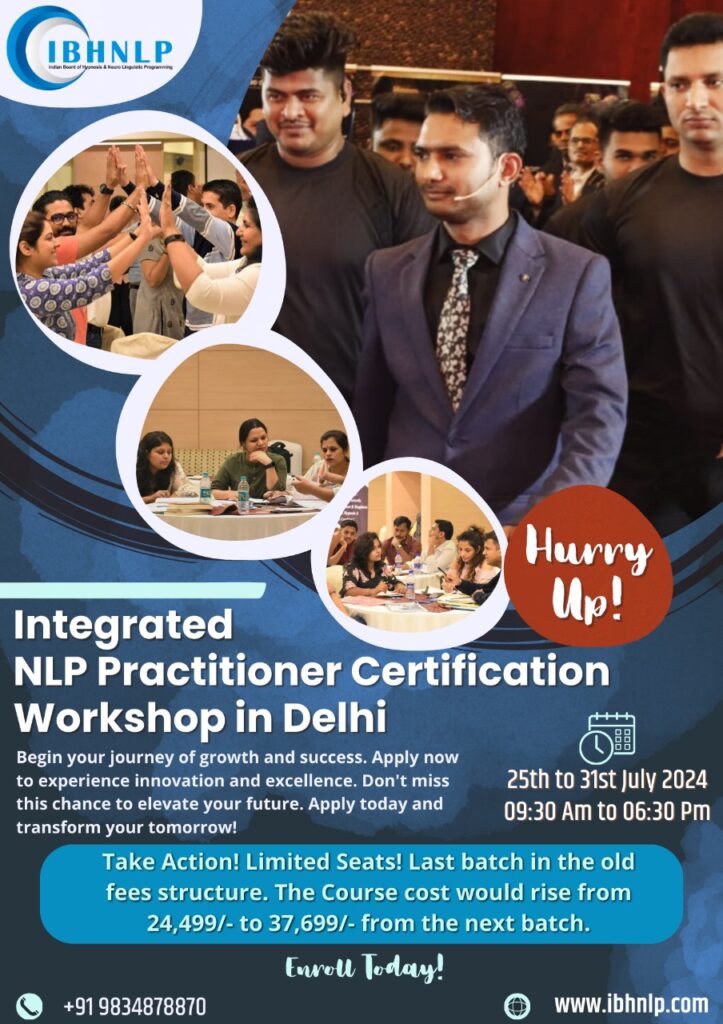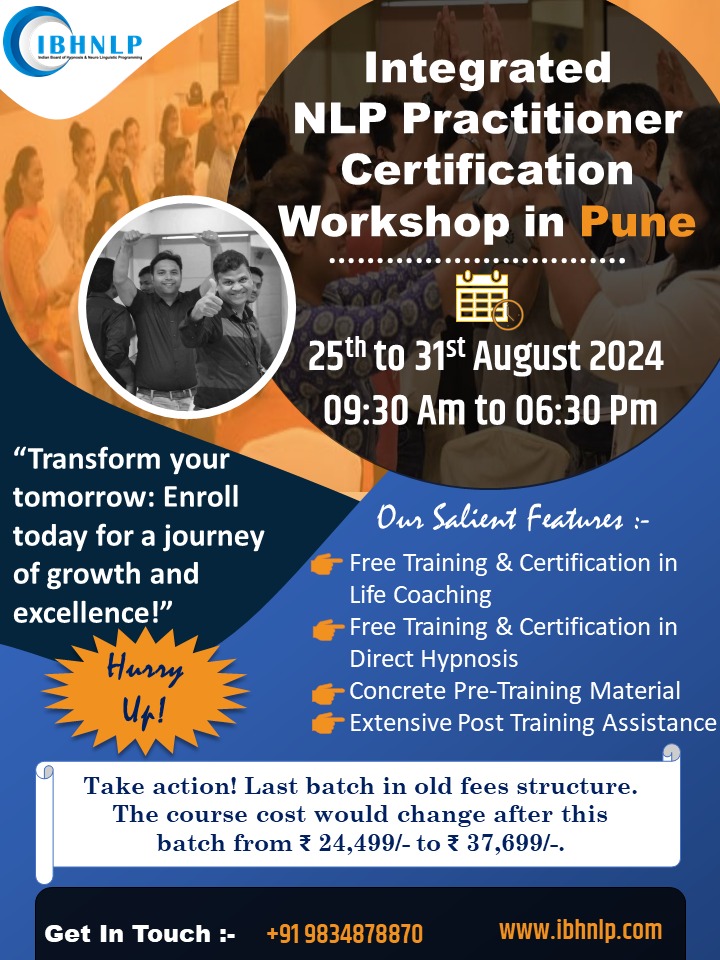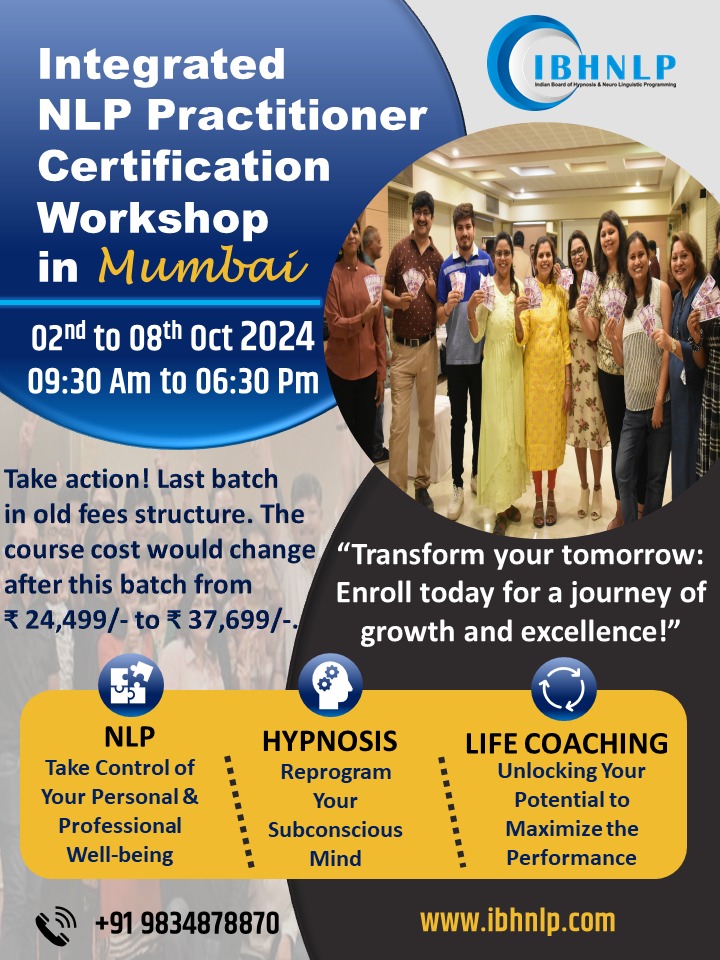In the 1920s, India was facing an outbreak of a new and dangerous strain of Cholera. With the outbreak, the politicians and the government officials in the health care sector started pointing fingers at each other. Cholera was spreading because of contaminated and dirty water. And there was only one question on everyone’s mind, including the Government of India, how to improve the quality of drinking water in remote parts of India.
When Government agencies were busy in blaming each other, Mr Ashok Gadgil, who was a scientist, started focusing on finding the solution for the problem. He was trying to invent something that could purify the contaminated water at a very low cost. At the same time, he had to consider that it should not consume too much fuel. He was aware that the ultraviolet radiation kills the bacteria and can purify the water. He got an idea! He removed the cover of the standard fluorescent light bulb and held the bulb for a while over the contaminated water. And to his surprise, within a few moments, the bacteria perish, and the water became pure.
When other people were arguing with each other, accusing each other, discussing setting big machinery to purify water, thinking about getting research funding from Government and also creating large infrastructure in the rural areas, then Gadgil found a new way of cleaning the water. He found out an extraordinary way from the ordinary element, and the problem was solved.
But how did he find the excellent solution? How did this creative thinking pop up in his mind? Which power was hidden within him, due to which he solved such a big problem very easily? Most importantly, how did he get the idea to remove the fluorescent light bulb cover and hold it for a while over the contaminated water?
To find answers to these questions, we need to know a little about neuroscience. Based on the recent research, some neuroscientists talk about two different kinds of mind occurring within us. The first mind is called the reflective mind (Mindset of thinking over thoughts), and the second is the direct mind (the mindset of being in the present).
Everything that happens in our mind comes under the reflective mind (the mindset of thinking over thoughts). Monologues inside us – our communication with ourselves, our thoughts, our memories, our plans, our dreams, our imaginations, our creative thoughts, etc. are the parts of a reflective mind. In short, all our mental activities are part of our reflective mind. All innovations are possible only with the strength of our reflective mind. And this is the strength of our mind that led to the idea of using a stand-alone fluorescent light bulb to clean the water in Ashok Gadigal’s mind.
Let us try to understand this reflective mind with another example.
Ramesh started a business six months ago with great pomp, which has torn down recently. Now Ramesh is thinking about this incident.
I lost ten lakhs in this business. (Primary thinking)
Last time also, when I started a business, I failed. (Thinking on the existing thought)
I do not think that I will ever emerge from this deficit. (One more thought on the earlier thoughts)
I am a failed businessman. (Another thought on the thoughts)
This incident has destroyed my life. What is the use of such unsuccessful life? (One more time thinking on the thoughts)
Not only in business, but I am a failure in my personal life as well. (Another thought on previous thoughts.)
This ‘Thinking over-thoughts’ is called as a reflective mind, and only a human brain has this ability. If you beat a puppy, it will not think about taking revenge of you for the next five years, but a human mind can do it very easily because of the reflective mind. It means we can think over a thought. Creativity emerges when the reflective mind works positively, and life is ruined when the reflective mind starts working negatively.
Now think of your past, what are the most disappointing moments of your life? What were you thinking at that time? What was going on inside your head? Before reading further, think about these questions first.
Whatever was happening in your mind in those desperate moments is a great example of getting stuck in a negative reflective mind. Your thoughts may have exhausted you in those moments; you may have been broken. You must have tried to stop these thoughts, but there is a very little possibility that you would have been able to come out of this negative reflexive mind. You might have called someone, gone to meet a friend, started watching television, tried to entertain yourself, but in a few moments, you must have found yourself again trapped in the clutches of those thoughts.
So now the question is, can we control this reflective mind and give it direction?
Before knowing the answers, first of all, let’s understand the functioning of Direct Mind (the Mindset of being in the present). Direct Mind means whatever happens in the present; we are there in it. We aren’t thinking about anything; neither planning for the future nor thinking about the past. We are just experiencing whatever is happening at the moment. When we are with the direct mind, we are available in the present by clearing out the mind from the past and the future. We are filled with curiosity or eagerness about the things happening in the present. Still, there are no prejudices or assumptions about the event, we welcome whatever is happening with the open heart. We become very receptive to the event, and we can see the event with love. In a nutshell, we enjoy living in this very moment with a direct mind.
Perhaps you would say, what else do I do besides paying attention to this moment? If I do not pay attention at this moment, how will I be able to drive the car? How will I be able to reply to emails? How will I cook, and how will I do a lot of activities that I do on a daily basis?
Now think for a while, when you drive for office, do you really enjoy driving or do you think about something else? If you commute to the office by train or by bus, do you just sit silently or do you sit and think about something? In the morning when you have your coffee, do you enjoy every sip of it or do you get engrossed in your thoughts over a coffee?
If we want to enjoy life, then we have to control this incessantly wandering reflexive mind & experience the things through Direct Mind as well.
Now the question is: can we practise living with this direct mind or in the present moment, to enjoy every experience of life with pleasure?
One more question and sum up before answering the above question. Till now, we have seen the definitions of Reflective Mind and Direct Mind. The Reflective mind means the mindset of giving a thought over thoughts, and direct mind means being in the present. So the question is: which is better between the reflective mind and the direct mind? Before reading further, think a little on this question.
The answer is very simple: if we want to live a successful, joyful, and contented life, we need both the Reflective Mind and the Direct Mind. Usually, we get trained in thinking over thoughts, but we do not know how to control them. And that’s why our thoughts make our life a nightmare. We get so stuck in our thoughts that we don’t even get time to live our life. Enjoying it is a faraway thing. Not only this, we are thinking about thoughts for years, but still unaware of how those thoughts are formulated, what’s the structure of those thoughts? If we want to change these thoughts, how can we do that? We are told, ‘change your thoughts and change your life,’ but nobody tells or teaches us how to change them. And this is the reason that our reflective mind becomes the biggest problem in our life.
But just controlling the reflective mind and giving it direction will not work, along with that, we have to practise to be in the present or with the direct mind. We have lost our ties with the present moment because of the continuous retinue of thoughts. We have started living only in the world of thoughts. Our thoughts have become everything for us. The quality of ‘thinking over thoughts’ or the reflective mind which should have become our wings to soar high in the sky have become the shackles of our feet. We have to be little unengaged from these thoughts; we have to be in the present & start enjoying every moment.
Now think again for a while: how often we go to the garden for a stroll, but instead of looking at the luscious green plants and blossoming trees or enjoying the beauty of nature, we get entangled in our thoughts. How much time do we spend in the present moment and how much in thinking about a person or an event? Have you ever noticed: most of our thoughts are the ones we have chewed over yesterday & also the day before yesterday & a week ago, and even today we are again thinking over the same thoughts?
So to get into the present, we have to break our habit of overthinking (reflexive mind). We need to practise being present in the moment. Whenever our mind goes on autopilot mode and automatically starts thinking about something, we have to bring it back to the present moment. To break this deep-rooted habit of thinking, we need to do some practice of being here & now. We will habitually go in the future or get lost in the past, but once again we have to bring ourselves back in the present.
So let me once again repeat the two questions mentioned above:
1. Can we control this reflective mind and train it?
Yes, we can control our reflective mind, we can train it, and we can build a golden and bright future. For that, we will use the tools of NLP.
2. Can we practice living in a direct mind or in the present moment to spend every minute of our life with pleasure?
Yes, we can come in the present moment, we can live every moment of life with joy, leaving behind the negative experiences of the past and abandoning the worries of the future, we can celebrate the moment we are in, and for this, we will use the tools of Mindfulness.
And in this way, through MBNLP (Mindfulness-Based Neuro-linguistic Programming), we not only create the golden future but will also experience every event happening in the present with delight.
Hope you enjoyed reading this blog! Do share it with your near & dear ones. Let’s meet at the next Blog. Till then…….
‘Enjoy Your Life & Live with Passion!’
(This blog is originally written in Hindi by the Master Trainer Mranal Gupta and later translated in English by Kimiya Ambekar.)
——————————————————————————————————————————————-
Ready to start your adventurous inner journey with NLP, Hypnosis, and Mindfulness with Master Trainer
Mranal Gupta? Call Satish on 91+ 789 5092 450 or mail us at Mranalgupta1@gmail.com for more information. Also check out for NLP Trainings, which will help you in Personal and Professional life, find out about the NLP Practitioner or NLP Master Courses, now!
——————————————————————————————————————————————-





